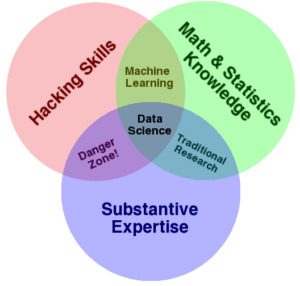Posts by Erica Martin
IRE, CIR launch campaign finance data mining challenge
If you’re plugged into the tech scene these days — or even, really, if you’re not — it’s almost impossible to escape the exuberance surrounding the ad hoc field known as data science. A combination of math, data munging, visualization and computer programming, data science experts are among the most in-demand hires in the tech…
Read MoreJoin us in Columbus for an Election Watchdog Workshop
IRE is bringing its Election Watchdog Workshop to Columbus, OH on August 24-25. Arm yourself with the knowledge you need to cover the 2012 elections. Get in-depth tips and strategies to follow the campaign cash as well as help your audience track the behind-the-scenes battle for influence, backgrounding candidates, making sense of the new world of…
Read MoreSchool Test Scores data now available at the Database Library
The Atlanta Journal-Constitution, after releasing its “Cheating Our Children” series that identified suspicious test scores around the country, provided the NICAR Database Library with test scores data gathered from state education departments. From the AJC: “The data include state testing data paired in approximate cohorts by school, test subject and grade. An approximate cohort would…
Read MoreHow sound are bridges in your area? Find out with updated National Bridge Inventory data
Now is a good time to investigate the bridges in your state and community: NICAR has just updated the National Bridge Inventory. Current through 2011, the data can help you assess the soundness of bridges in your area. Key fields can be used for an overall indication of a bridge’s quality. There are also fields…
Read More Don't wait until the last minute! The
Don't wait until the last minute! The 
